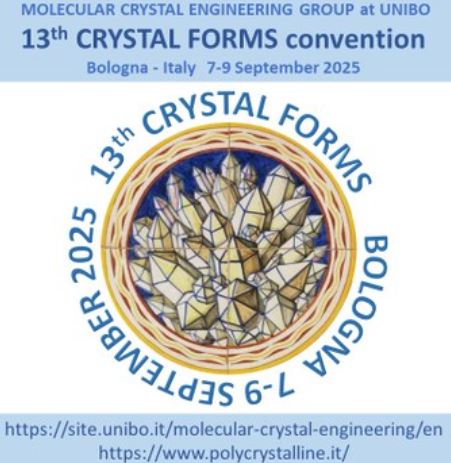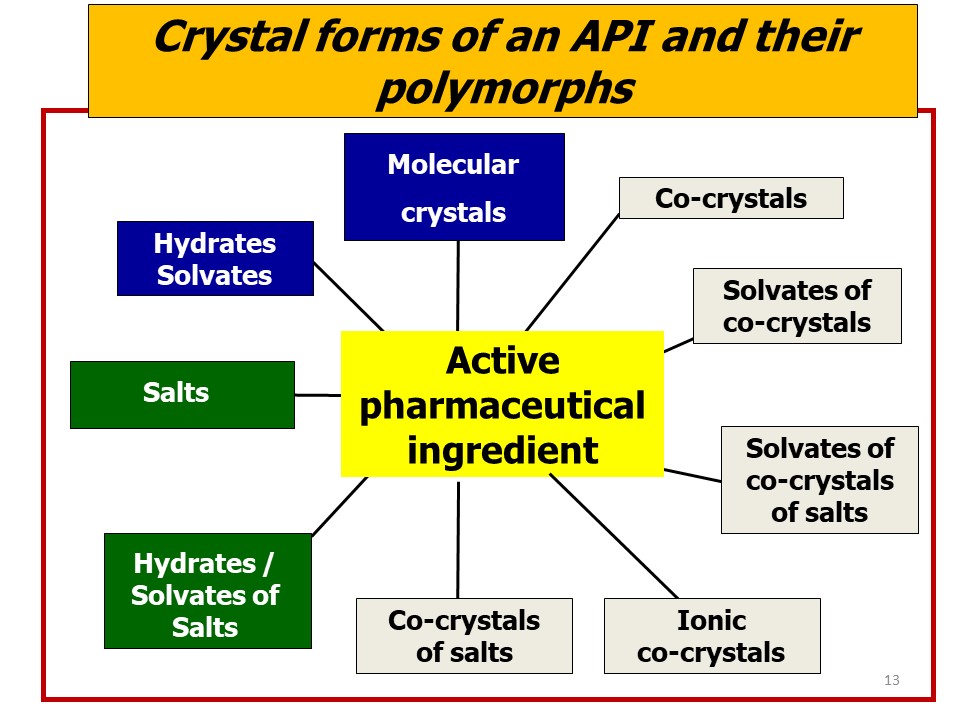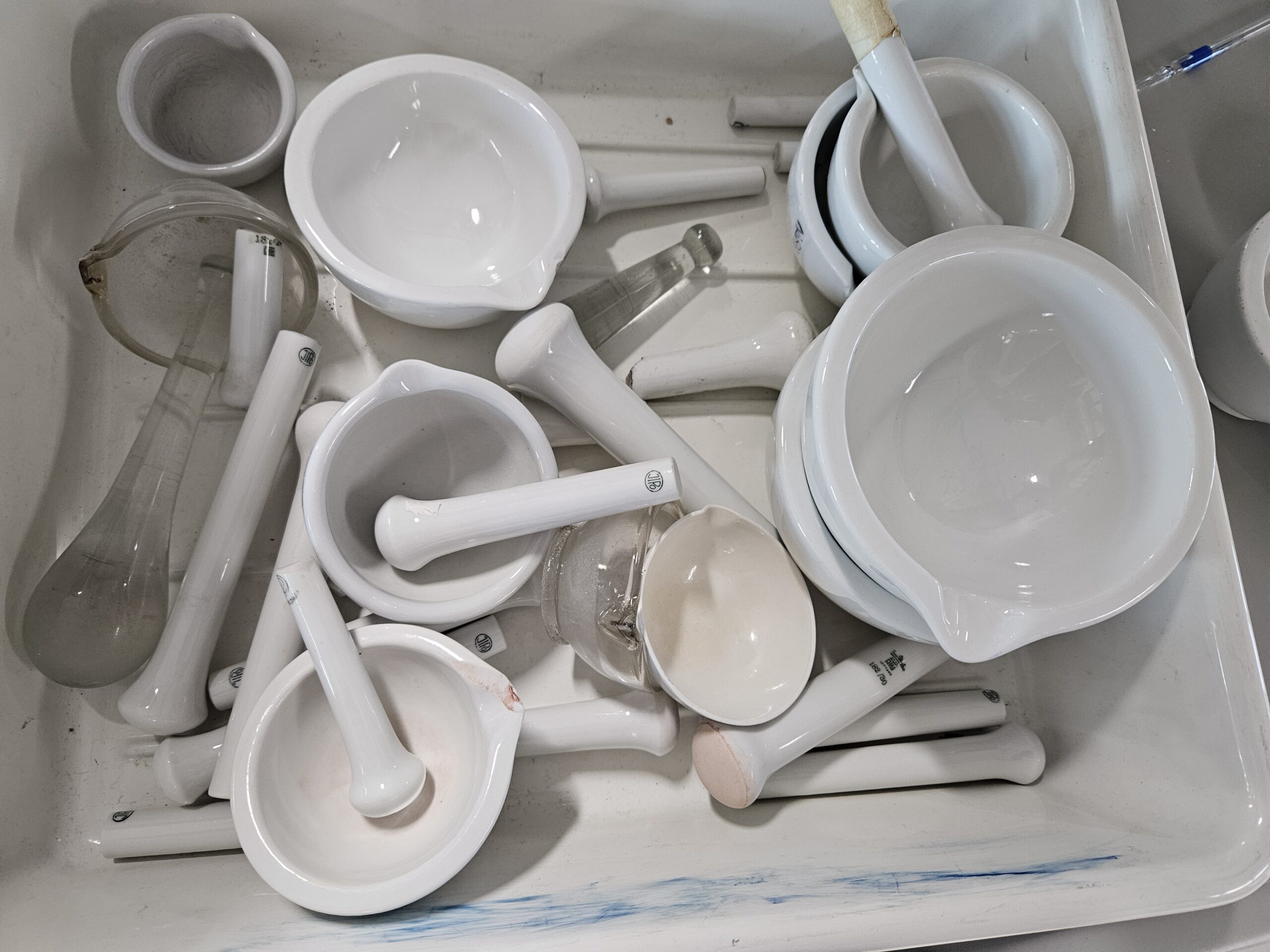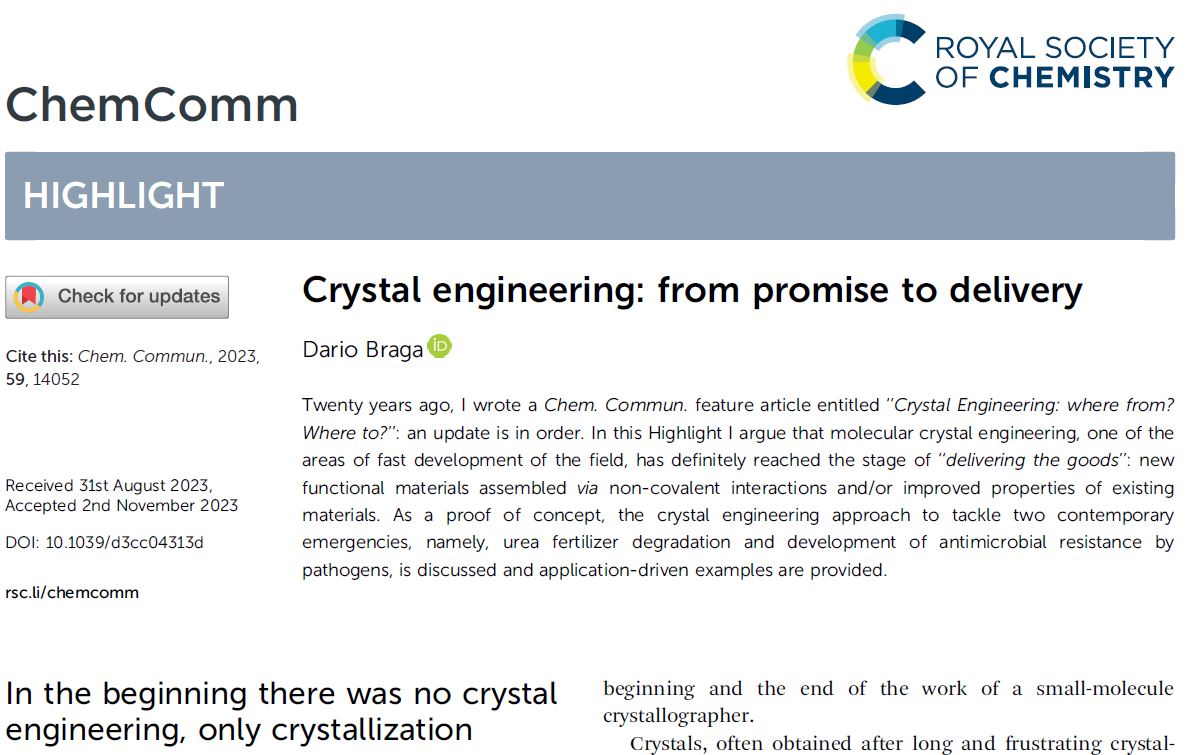Plastic crystals (PCs) are materials characterized by long-range crystalline order while their components remain disordered locally. Most chemical species of spherical, cylindrical, and disk-like shapes[5–11] are prone to display reorientation processes around their center of mass when they feature low steric hindrance within the crystal packing, giving thus plastic phases. This often results in high mechanical plasticity; hence, the term ‘‘plastic crystal’’ introduced by Timmermans many decades ago. Depending on the nature of the components (molecules or ions), PCs further divide into two broad families, namely neutral and ionic plastic crystals. Studies on PCs show that they undergo at least one solid-solid transition, from an ordered, or static (glassy), to a dynamically disordered (plastic) phase and vice versa, upon applying a suitable stimulus, i.e., pressure or heating. In general, plastic phases tend to display highly symmetrical crystal lattices such as cubic or hexagonal. However, it remains somewhat challenging to predict a priori which combination of molecules, or ions might generate systems able to give plastic phases.






